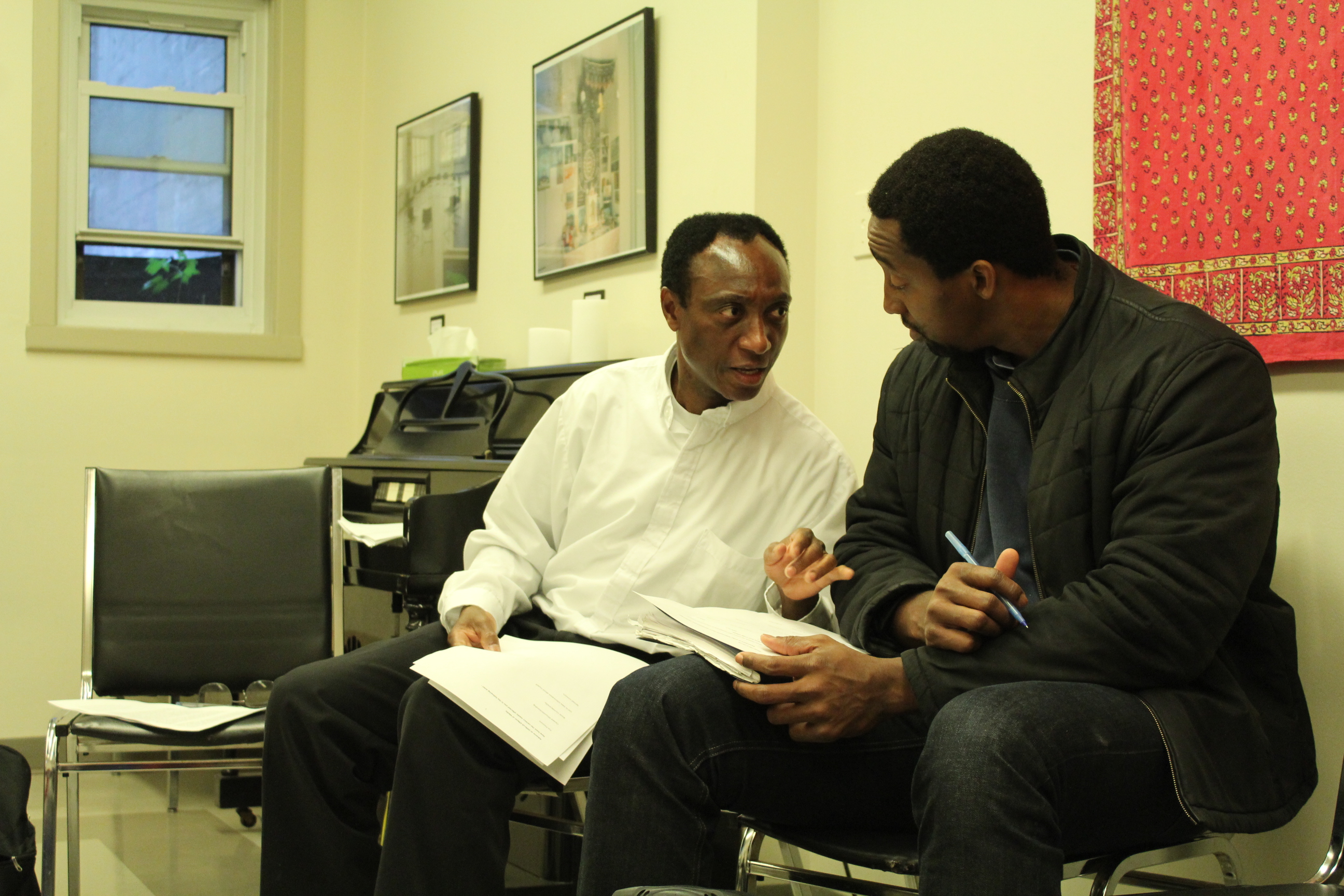The Multi-faith and Spirituality Centre hosted a discussion on the media’s role in people’s lives
Rev. Paul Anyidoho, a member of Concordia’s Multi-Faith Chaplaincy, hosted a seminar to explore the benefits and disadvantages of social media in our lives on Oct. 20.
The event welcomed 12 guests and was held in a small and cozy meditation room at the Multi-faith and Spirituality Centre. The event was structured as an open discussion, where speakers and guests could express their thoughts on social media, media usage, and how it is perceived and used in people’s daily lives.
Throughout the afternoon discussion, guests shared personal experiences regarding their relationship with media. Some of the guests, mostly young adults, said they used and consumed technology and media so much in their daily lives that they couldn’t imagine living without it. Other guests said they either used social media sparingly, or not at all.
The crowd presented a variety of opinions and experiences in a discussion about the core issues of privacy, informational integrity, and a balance of positive thoughts and negative thoughts concerning this technology-driven world.
Anyidoho defined media as any “virtual space.” This includes social media networks, television stations, large-scale news outlets and even something as simple as a phone call. Media is important to most people, said Anyidoho, and so it is a topic worth knowing and exploring as much about as possible.
Anyidoho placed emphasis on the “uses and gratifications theory” of media interaction, which explores how and why people actively consume media to satisfy certain needs.
“People don’t sit in front of the TV, read the newspaper or go on the Internet just to retrieve information,” Anyidoho said. “They are actually engaging the media in a way that will be useful and satisfy their expectations, to get gratification.”
He believes that this theory is important in the modern age in order to get the best out of what he calls the “two sides of the coin” of the media.
“[The media] has a very beneficiary, useful effect on people…now, you can just access information from anywhere in the world.”
Anyidoho said he believes social media’s strengths lie in its ability to increase global connectivity, strengthen personal relationships and ease learning.
However, the media also has a flipside, Anyidoho said, adding that he believes most forms of media can have bias when it comes to reporting on news, which leads to less focus on the truth, or even a blur of what is the truth. He said people need to be more careful and critical in the way they intake information by not being so quick to believe everything they hear or read.
Anyidoho also expressed concern over how much time younger generations commit to modern technology and social media. Studies vary, but on average, according to a 2015 Common Sense Media report, millennials spend anywhere from nine to 18 hours a day consuming media.
Anyidoho also described how incorrect or misunderstood information on social media “spreads like a spiral, a breeze,” and can cause stress in people’s lives.
Anyidoho concluded by saying using media responsibly is important, especially now that it’s a much bigger part of our lives. “We used to bring our life over to our religious places, to our doctors, to psychologists, now we bring it to the media,” he said.
As media plays a major role in entertainment, news gathering and personal connections, Anyidoho said education and discussion are important in order to make the best possible use of this innovation.
